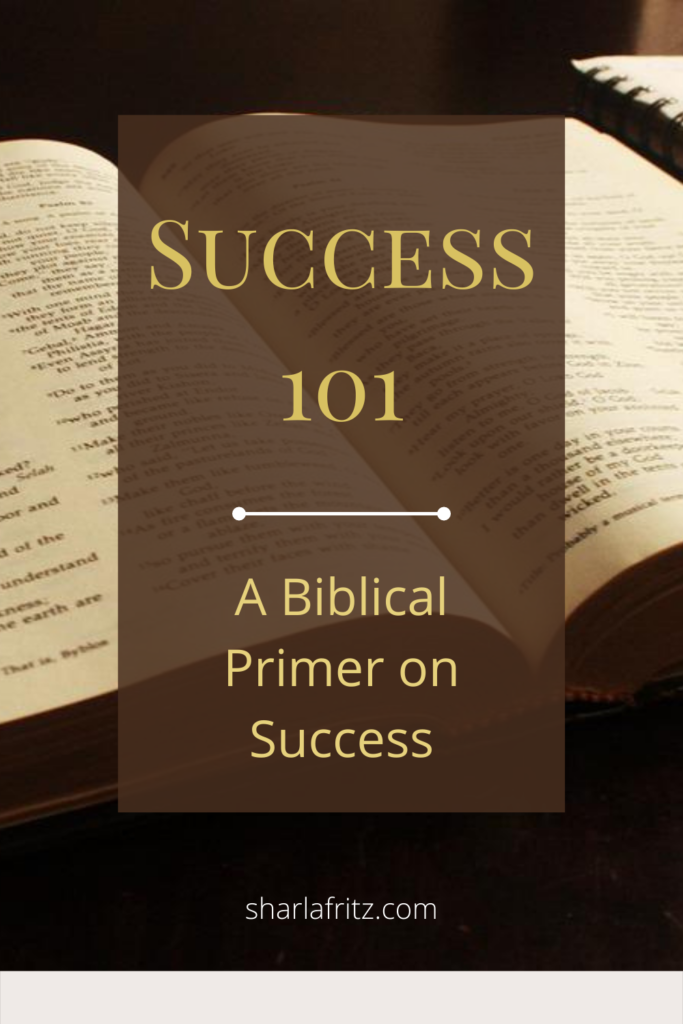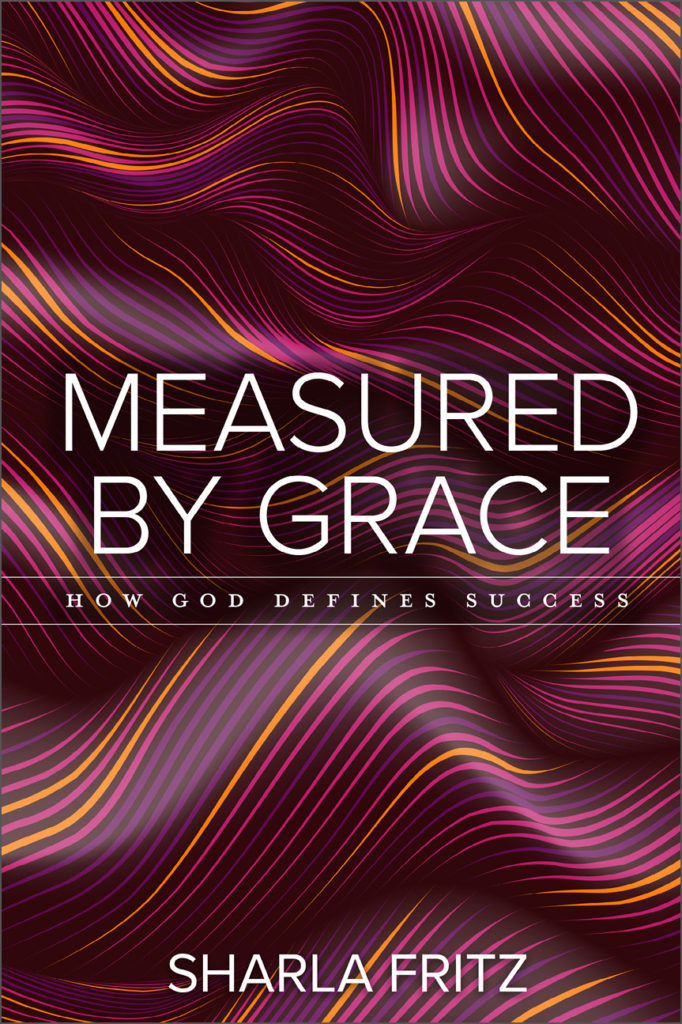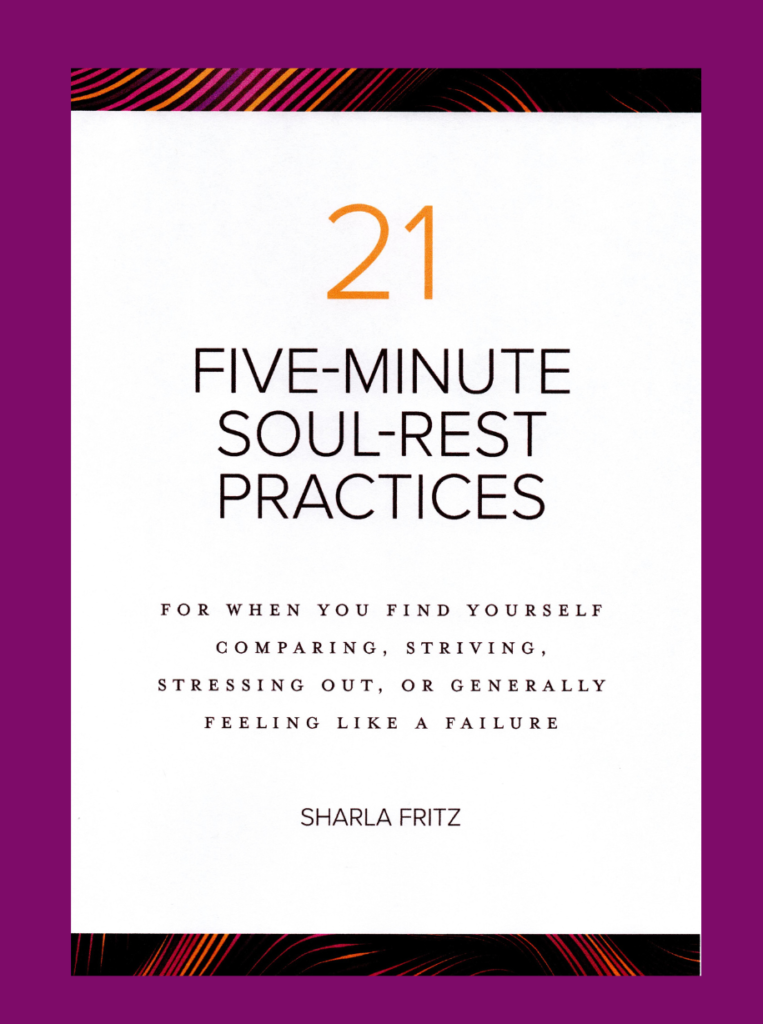What do you do when you feel exhausted and empty? Spent and Stressed? Out-of-sorts and out-of-gas?
You might look for relief in a good night’s sleep or an extended vacation.
But sometimes physical rest or a weekend away doesn’t provide the relief we crave. What we really need is soul rest.
We need soul rest because the world moves at a hurried, harried pace.
We need it because Satan continually plants seeds of doubt and distraction that erode our peace.
We need it because our culture worships productivity and idolizes busyness.
My Journey to Soul Rest
For years I lived a hurried, harried life. Not only did I schedule nearly every minute of the day, but I worked like my life depended on it–even when it didn’t. I strove and struggled for peace–which I thought would come when I had accomplished all my goals or when I had done “enough”.
But I discovered that God does not intend us to live that way.
I discovered that the Father offers me soul rest–the kind of rest that is more than a good night’s sleep or even an extended vacation. In Him, I found a rest characterized by a deep peace and a sense of wholeness. Even more surprising, I learned that I didn’t need to earn this rest. God graciously offers this kind of rest and His Word showed me how to receive it.
Now my life may still have hectic days and weeks, sometimes I still cram too much into my schedule. But I’ve learned to lean on God instead of myself. I’ve adopted God’s life-giving rhythms that revive my weary soul.
Discover Soul Rest Course
In my new Discover Soul Rest digital course, I share what I’ve learned so that you can find soul rest, too. In this course, you will study five biblical words for rest from the original Greek and Hebrew. Examining these words will help you understand God’s definition of rest and how He generously offers it to you. You will also learn soul-rest practices that will keep your heart attuned to God’s rhythm for life.
Here’s a two-minute sneak peek of the course.
This course will help you:
- learn God’s life rhythm of rest
- defeat the enemies of rest
- find an antidote to anxiety
- explore the practice of letting go
- use God’s Word as a tool for soul rest
- learn soul-rest practices that will lead you into God’s presence where you can receive soul rest
In the Discover Soul Rest course you will get:
- 5 Units–each focusing on a biblical word for rest from the original Hebrew and Greek
- 10 teaching videos–each 10-12 minutes long
- 10 downloadable worksheets–with key takeaways and Bible study practices
- 25+ soul-rest practices–all based on God’s Word
Once you purchase the course you will have access to all the videos and worksheets. You can complete the course at your own pace and come back to review the materials again and again.
If you would like to slow down and learn the rhythms of rest, I hope you will consider taking this course.
Fight Against Hurry and Find Soul Rest
My prayer is that participants in this course will have the tools to fight against the world’s demand for productivity and Satan’s weapons of comparison and hurry. I pray they will learn to carve out time to pull away from the world and sit in God’s presence long enough for Him to give them rest.
To find out more and to purchase the course, click the button below.










































Follow Me!